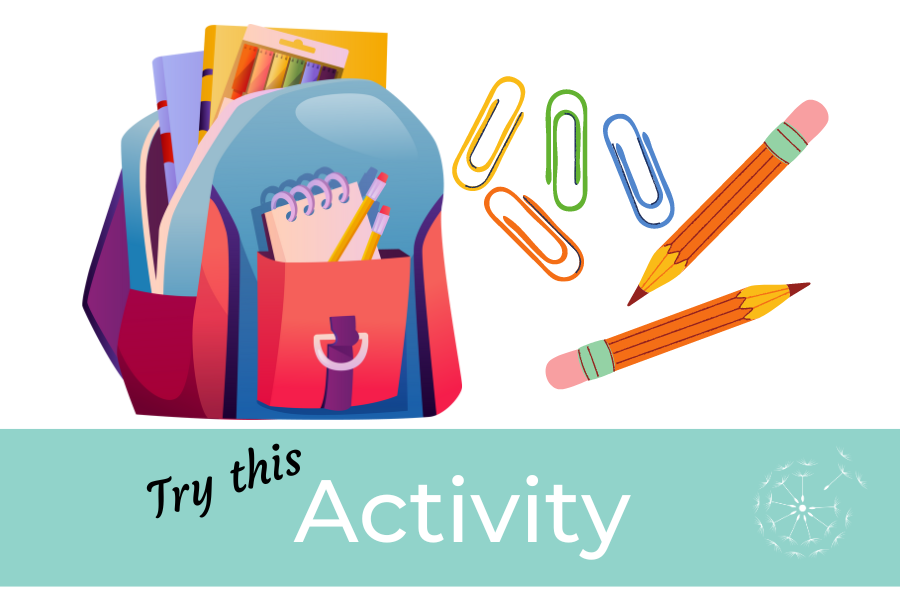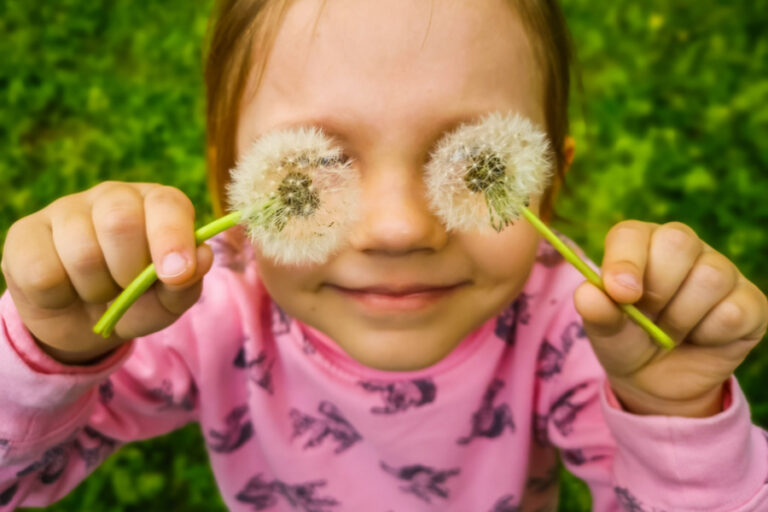Why children cannot regulate their tech use
In my work, I am often asked about how to regulate children’s technology use and screen time. This subject always leaves people divided into two camps: Camp 1 – The belief that children should be able to regulate their tech use Camp 2 – Feeling lost as to how to regulate it without meltdowns So, […]
Why children cannot regulate their tech use Read More »










